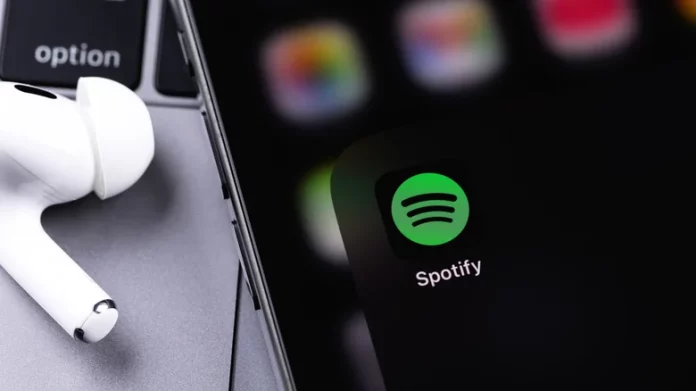A year and a half after its last subscription price hike in the U.S., Spotify is reportedly preparing to raise prices again by early 2026. According to the Financial Times, the company faces growing pressure from major record labels to increase subscription fees. Interestingly, those same labels are also urging Apple Music to follow suit.
Industry insiders note that music streaming prices have lagged behind inflation and remain relatively low, especially when compared to video streaming services. Today, a Spotify Premium plan costs $11.99 per month, while Netflix charges $24.99 for its premium tier and $17.99 for its standard ad-free plan. Even with the gap, music streaming remains one of the more affordable entertainment options.
Wall Street analysts believe a modest price bump could boost Spotify’s profitability. Analysts at JPMorgan estimate that a $1 monthly increase could lift the company’s annual revenue by roughly $500 million.
Balancing Artist Revenue and User Retention
Although the move could generate more revenue for artists and rights holders, it risks alienating cost-conscious subscribers. While Spotify has gradually increased subscription prices worldwide, rates in many countries remain lower than those in the U.S. and Europe. However, any significant rise may push users to cancel their plans.
Research from Claight Corporation suggests that the leading reasons people cancel subscriptions are rising prices or finding better alternatives. This trend could put Spotify in a tougher spot than competitors like Apple Music and Amazon Music, as both companies can buffer price hikes by promoting bundled deals such as Apple One or Amazon’s broader Prime offerings.
The Competitive Landscape
For now, Spotify retains the largest global market share in music streaming, according to Statista data. But that leadership could be tested if its next price increase feels excessive. With subscription fatigue growing across digital media, the company will need to balance profitability with the risk of driving users toward cheaper—or bundled—alternatives.





